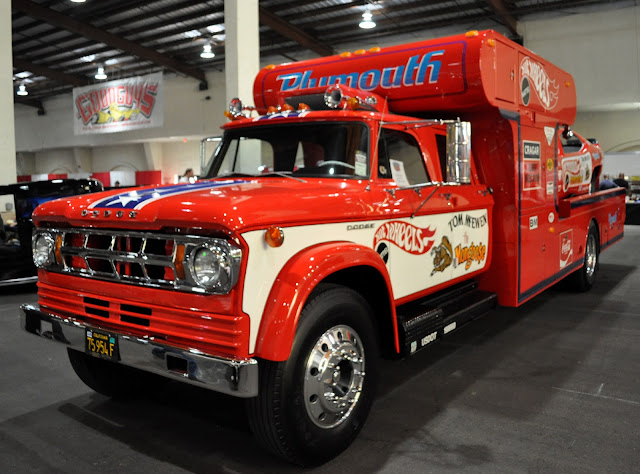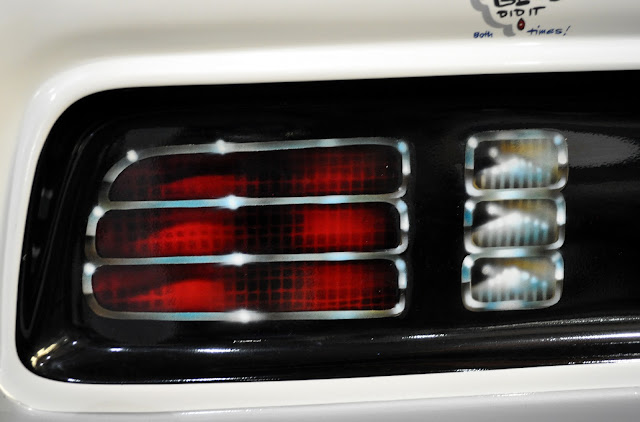You have to be wondering how closely Toyota and Nissan are watching the NHTSA investigation into the Chevy Volt fires. Actually, all car makers should be watching for fallout very carefully. But specifically, Toyota just started taking orders on the Plug-in Prius. And the Nissan Leaf has been competing (sales-wise) with the Volt from the beginning. And consumers are not going to make a distinction between any of the car makers when it comes to battery fires.
They've seen too many cases in laptops and phones now of spontaneous combustion to ignore the issue. Mind you, the opposite argument could be made, that they have gotten used to the risk of having batteries that could overheat near them on a constant basis. But I doubt it. There's something different about the batteries in electric and quasi-electric cars (the size!).
Imagine if consumers stop trusting large battery packs. What will the automakers do when it comes to the new fuel efficiency guidelines if they can't sell at least some electric or extended range electric vehicles? They are all working on them. Imagine if all the research investment, time and money, has been wasted in the effort as they have to pull up and wait for a new generation of batteries to come forward? Imagine what that will mean when they lobby for a postponement to the new fuel economy laws?
I can see it now.
"I'm sorry senator, we really would like to build and sell electric cars, but we just can't yet. The technology isn't there. I'm sure you understand why we can't put voters, err... I mean drivers at risk just to meet these fuel economy guidelines." - any car maker lobbyist in D.C.
In case you're not familiar, the NHTSA was conducting crash tests on the Chevy Volt (5-stars!). They put one through it's paces (i.e. smashed it up, really good!) and then placed it into storage. A few weeks later, a fire broke out in the battery pack (the coolant line had been severed) and burned up the Volt, plus several nearby cars. Since then, in cooperation with Chevy (General Motors), they have subjected several other Volts to similar circumstances in an effort to start more fires. They were successful (smoke and sparks, at least).
GM says this is a known factor when dealing with these battery packs. One of the safety measures they've outlined is to discharge the battery pack after an accident to keep a fire from starting. But the NHTSA didn't follow their guidelines and that's why the fire occurred. In the meantime, they emphasize their cars are safe (noting the 5 star rating they received) but just in case anyone's nervous, they will let them drive a loaner for free while the investigation continues. A 'handful' of customers have done just that.





























































